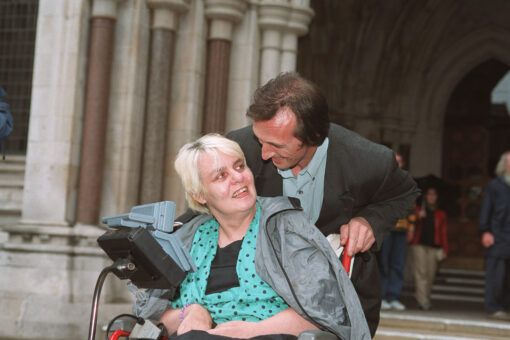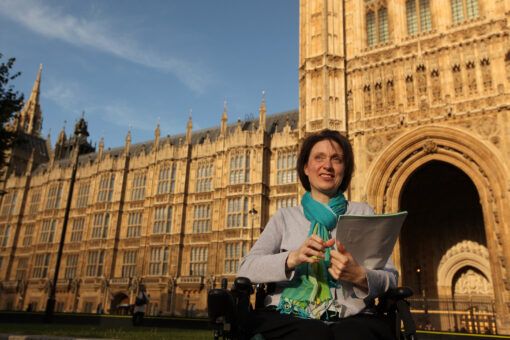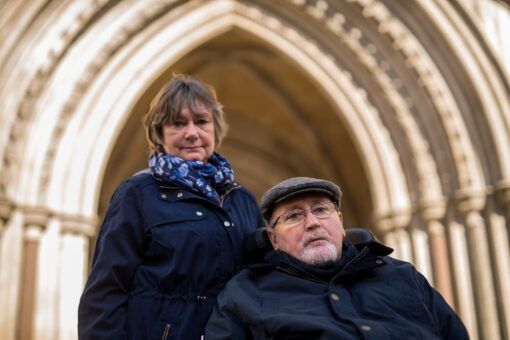We’re close to winning a new assisted dying law – but we may need to take further campaign actions together. Can we email you updates and vital actions?
The law on assisted dying
Why the current law doesn’t work
It removes choice
The law denies dying people a meaningful choice over how they die. Because assisted dying is illegal, terminally ill people can’t ask for medical help to die.
People who want to end their lives to avoid pain, indignity, and suffering face an impossible choice. Some people choose to travel abroad to die: if they can afford it, and are well enough to travel, which might mean dying sooner. Others take their own lives at home, risking a painful and gruesome death.
It criminalises people who help someone to die
In England, Wales, and Northern Ireland, someone who helps a terminally ill loved one end their life could face the trauma of a police investigation, prosecution, and a prison sentence of up to 14 years. There is no specific crime of assisting a suicide in Scotland, but prosecution is still possible under other laws.
The Director of Public Prosecutions and the Crown Prosecution Service decide if it is in the public interest to prosecute in England and Wales. The same is true of the Public Prosecution Service in Northern Ireland.
Assisted dying laws in the rest of the British Isles
Scotland
There is no specific crime of assisting a suicide in Scotland. But it is possible that helping a person to die could lead to prosecution for murder, culpable homicide or reckless endangerment.
Find out more on the Dignity in Dying Scotland website.
Isle of Man
Assisting a death is illegal in the Isle of Man under section 2(1) of the Criminal Law Act 1981. It can be punished by a sentence of up to fourteen years in prison.
Channel Islands
Assisted dying is illegal throughout the Channel Islands. In Guernsey it is illegal under the Homicide and Suicide (Bailiwick of Guernsey) Law 2006 and punishable by up to fourteen years in prison. In Jersey assisting a suicide is illegal according to customary laws and recognised in the Homicide (Jersey) Law 1986.


